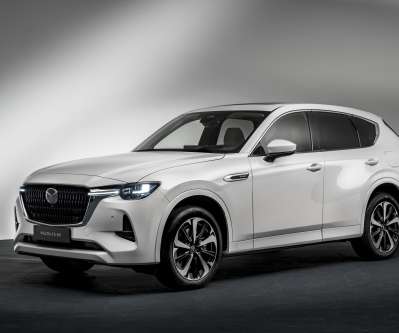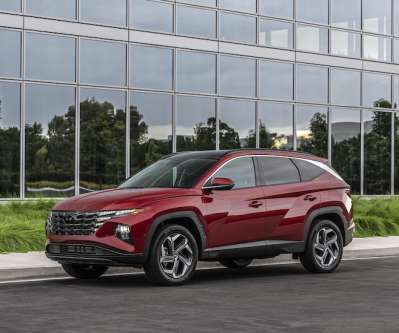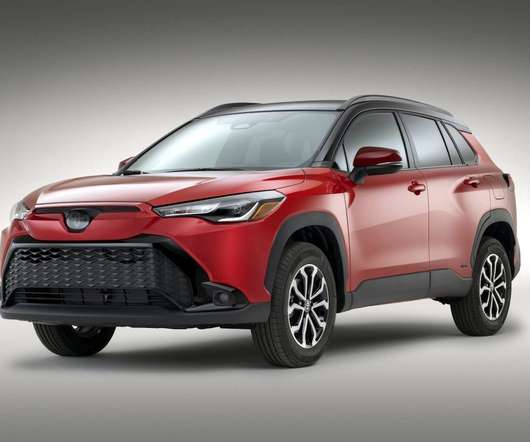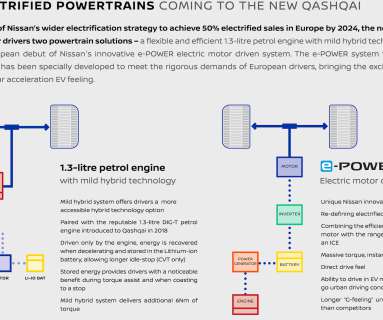Gasoline direct injection was the most widely adopted emerging fuel saving technology in 2018: 51%
Green Car Congress
APRIL 16, 2019
Manufacturers have been adopting technologies that improve the efficiency of light-duty vehicles and allow them to achieve greater fuel economy. Turbo charging and stop/start are two other engine technologies that reached a production share of about 30%, while cylinder deactivation (CD) was at 12%.








































Let's personalize your content